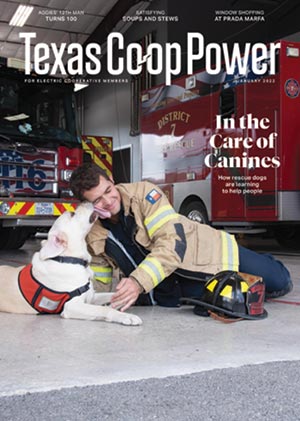As college students head back to dorms after winter break, they need to remember electrical safety.
Fire departments respond to thousands of structure fires in college housing every year, and those emergencies cause fatalities, injuries and property damage, according to the National Fire Protection Association.
Safe Electricity offers tips for students to help prevent electrical fires in student housing:
- Only purchase and use electrical products tested for safety by labs recognized by the Occupational Safety and Health Administration. Some common approved safety marks include UL, CSA and ETL.
- Avoid overloading extension cords, power strips and outlets.
- Use power strips with an overcurrent protector that will shut off power automatically if too much current is drawn.
- Never tack, nail or staple an electrical cord to any surface, and don’t run cords across traffic paths or under rugs where they could be trampled or damaged.
- Use the correct wattage lightbulbs for lamps and fixtures. If no indication appears on the product, do not use a bulb with the equivalent of more than 60 watts. Use cooler, safer, more efficient LEDs whenever possible.
- Keep all electrical appliances and cords safely away from bedding, curtains, papers and other flammable materials.
- Make sure outlets around sinks are equipped with ground-fault circuit interrupters before use. (Look for the “Test” button on the outlet to be sure.) If they aren’t, contact a resident assistant, camping housing staff or your landlord.
- Unplug small appliances and all electronics when not in use and when away for extended periods.
- Always use microwave-safe containers. Only glass or ceramic containers and plastics labeled “microwave safe” should be used. Metal and aluminum foil can damage a microwave and start a fire. If a microwave is damaged in any way, do not use it.
- Smoke detectors should never be disabled, and sounding fire alarms should never be ignored or taken casually as a drill. Every time a fire alarm sounds, residents should calmly and quickly follow practiced procedures and immediately exit the building.


